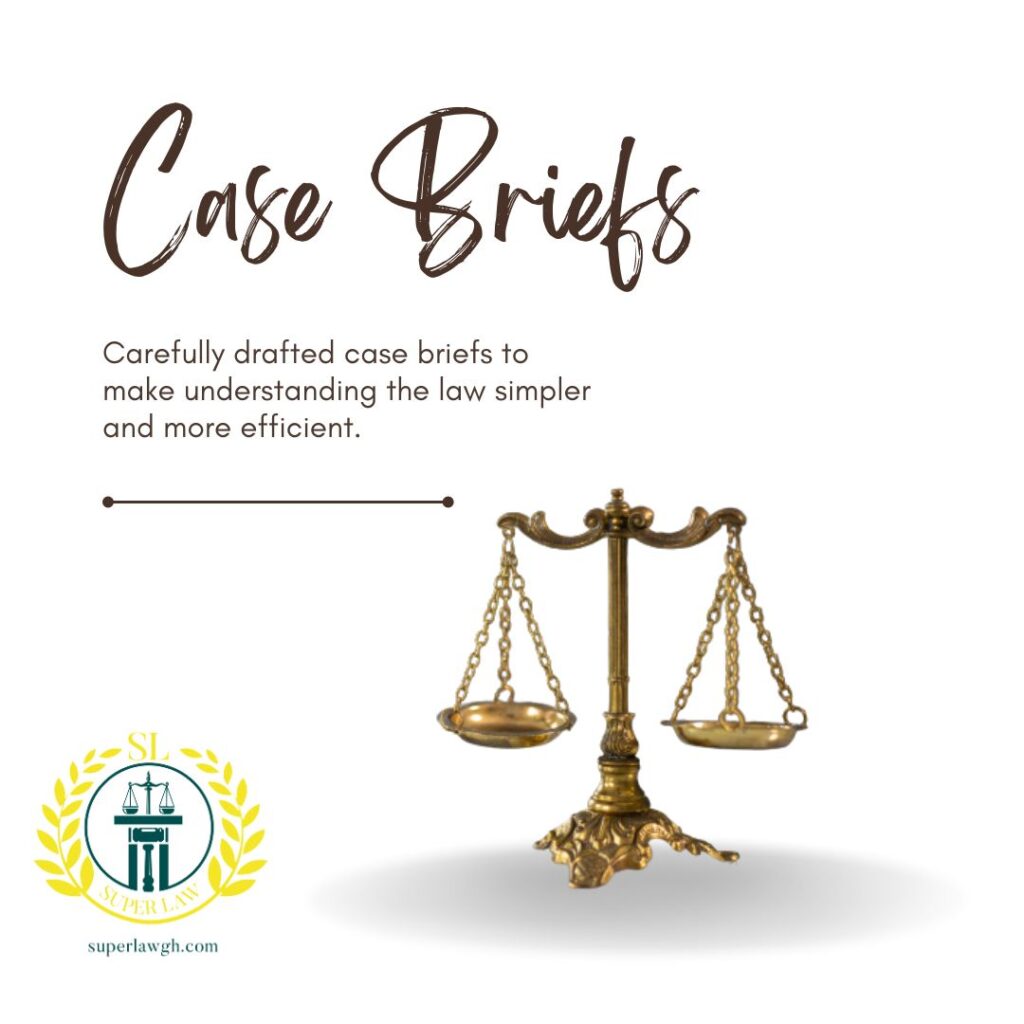The five-member committee chaired by Supreme Court Justice Gabriel Scott Pwamang will begin hearings tomorrow, May 15, 2025, into three petitions filed against the Chief Justice.

The five-member committee established by President John Dramani Mahama to investigate three petitions filed against the Chief Justice Gertrude Torkornoo is set to commence its hearings tomorrow, Thursday, May 15, 2025.
The committee, chaired by Supreme Court Justice Gabriel Scott Pwamang, was constituted in accordance with Article 146(6) of the 1992 constitution, following consultation with the Council of State and a determination of a prima facie case against the Chief Justice.
The committee is scheduled to convene three times each week and will submit its recommendations to the President upon the conclusion of its work.
How is the Hearing Conducted?
The 1992 Constitution under artcile 146(7) provides that “the committee appointed under clause (6) of this article shall inquire into the petition and recommend to the President whether the Chief Justice ought to be removed from office.” By virtue of this artcle, the committe is vested with the powers of investigation into the petitions.
However, the proceedings of the committe so appointed must be held in Camera. That is to say outside the public view in contrast to normal court proceedings. This is provided for under artcle 146(8) which states that “All proceedings under this article shall be held in camera, and the Justice or Chairman against whom the petition is made is entitled to be heard in his defence by himself or by a lawyer or other expert of his choice.” Speaking of the rationale for Article 146(8), Kpegah JSC affirmed in Ghana Bar Association v Attorney General [1995-96] 1 GLR 598 at p. 656 that: “The good sense in the constitutional prescription that impeachment proceedings be held in camera, are very obvious and need not be recited here; suffice it to say that the judiciary, as an institution, thrives on the healthy estimation in which it is held by the people it serves. It is therefore not safe to impugn the integrity of a judge in public in case the allegation turns out to be unfounded; hence the constitutional provision that such proceedings be held in camera.”
Therefore, until and unless the committee concludes its hearing, the proceedings or the deliberations taking place in there will not be made public.
Published: May 14, 2025 / 1 Min Read

